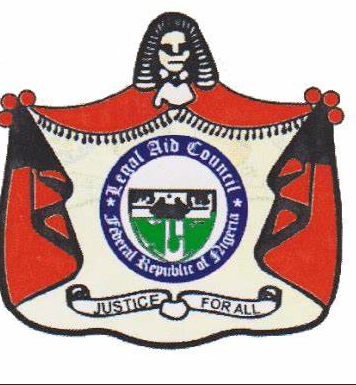The Legal Aid Council of Nigeria (LACON) says a Kano Cleric, Sheikh Abduljabbar Kabara, who is standing trial for alleged blasphemy is not qualified to be represented by the council.
The Kano State Government charged Kabara with four counts bordering on blasphemous comments against Prophet Muhammad (PBUH) on Aug.10, Oct. 25 and Dec. 20, 2019.
Reports have it that the court had on May 12, ordered the LACON
Headquarters to provide legal representation for Kabara in the ongoing alleged blasphemy trial.
At the resumed sitting, the Kano State Coordinator of the Legal Aid Council, Mr Mukhtar Labaran-Usman, said that he was in court based on the order of the court.
“We wrote a letter dated May 23, to the court in respect of the order, the council is constrained in handling the case.
“The council is a Federal Government Parastatal Agency established by Section 1(1)of Legal Aid Act 2011.
”The council can only represent a person whose income does not exceed N30,000 minimum wage per month.
“The defendant’s income exceed the national minimum wage and the offence to which he is arraigned is blasphemy.
“Blasphemy is not listed in the council act to enable us represent the defendant,” he said.
The defendant, Kabara, told the court that he was not a civil servant.
”Hos did the council know that I earn more than N30,000 minimum wage?” he asked.
He prayed the court not to allow the Attorney-General of Kano to provide legal representation for him.
The prosecution counsel, Yakubu Abdullahi, did not object to the letter written by the LACON and urged the court to order the Attorney-General of Kano State to provide a legal representation for the defendant.
Section 389 and 349(5) AcJL 2019 says the Attorney General has the right to get a legal representation for the defendant.
The presiding judge, Malam Ibrahim Sarki-Yola, after listening to both parties ordered Dalhatu Shehu-Usman, to represent the defendant.
He adjourned the matter until June 9, for continuation of hearing.
The prosecution alleged that the defendant made a blasphemous comment against Prophet Muhammad (PBUH) in his marriage with Nana Safiyya in Jautul Fara, Section 93 (40) and hadith 1,365 and 1,428. Sahih-Bukhari and Muslim
